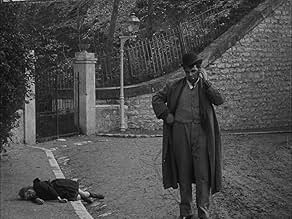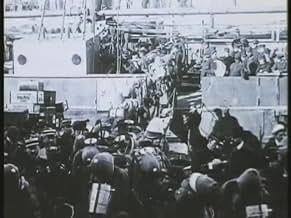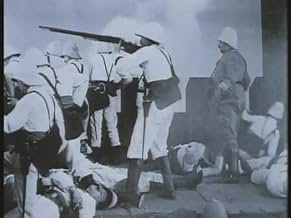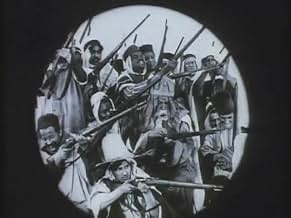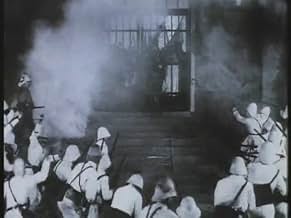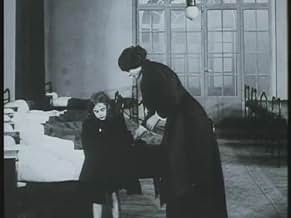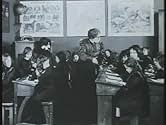Leonce Perret is virtually forgotten in France where Feuillade's "Vampires" and "Fantômas " have been recently released on DVD in deluxe box sets;and however I do think that his "Mystères Des Roches De Kador " displayed more originality,more ambition and more modernity than the whole far-fetched Irma Vep and co's interminable story : psychonanalysis and a deja vu experience were not that much common in 1912 French cinema.
"L'Enfant De Paris" is pure melodrama ;its screenplay was influenced by the classics of French melodramatic literature from the nineteenth century : "Les Mystères De Paris " ," La Porteuse De Pain" or "Les Deux Orphelines " which DW Griffith transferred to the screen as "orphans of the storm" ;the latter (the novel) did inspire Perret's screenplay too : the drunk brute is an equivalent of La Frochard and Bosco plays more or less the role of her good son.
That said ,and mainly in its first part ,"L 'Enfant De Paris"has stood the test of time triumphantly :the first part is dense ,eventful and features lots of great scenes ,still impressive today:
-Happiness time, the ending of which is masterfully conducted ,when the score segued from the old French folk song " Sous Le Pont D'Avignon" into a military dirge .
-the depiction of the boarding-school , the lugubrious dormitory , the girl deprived of her only friend, her doll, her mates making her their punching bag (the scene of their faces in the classroom is extraordinary)
-the drunkard ,some kind of Hugo's Thénardier who treats the little girl like a slut ,a Cosette who's refused a piece of bread.
-the relationship with hunchback Bosco ,himself in search of love,tenderness and affection.
Things deteriorate a little in the second part during Bosco's investigation:as a critic noticed , Perret has not got a sense of the "meanwhile" ,and the desperate daddy and good housekeeper Marion completely disappear from the screen ;Bosco 's visit of the Carmen villa drags on whereas there was never a dull moment in the first half .One should notice,however, that Perret was one of the first artists to take the cinema out of the studios ,and some scenes were filmed on location in Nice (and even on the Champ De Mars at the beginning) ;and there are great moments such as that of the ladies in their barouche ("I'm no beggar!)or that of the restaurateur who drives the hunchback out of his place .
That this movie should be ignored in its native France is really disgraceful.

